The 1939 classic film "The Wizard of Oz" has continued to captivate audiences for generations, and a recent analysis suggests that the movie's enduring appeal can be attributed to its subversive portrayal of the patriarchal society of its time. According to film critic Owen Gleiberman, the movie's depiction of a strong and independent female protagonist, Dorothy Gale, was a groundbreaking moment in cinematic history.
Gleiberman, chief film critic for Variety, notes that "The Wizard of Oz" was a movie that "first flipped the patriarchy on its head" by presenting a female character who was not only the central figure of the story but also the one who ultimately saves the day. This portrayal was a significant departure from the typical female characters of the time, who were often relegated to secondary or passive roles.
The movie's impact was not limited to its portrayal of female characters. The film's themes of female empowerment, self-discovery, and the struggle against oppressive authority also resonated with audiences of the time. As Gleiberman points out, "The Wizard of Oz" was a movie that "spoke to the anxieties and aspirations of a generation" of women who were seeking greater autonomy and equality in their lives.
The movie's influence can also be seen in the way it has been reinterpreted and reimagined over the years. The stage musical "Wicked," which premiered in 2003, offers a fresh perspective on the story, exploring the backstory of the Wicked Witch of the West and challenging the traditional narrative of the movie. The musical's success has been a testament to the enduring appeal of the original story, and its themes of female empowerment and self-discovery continue to resonate with audiences today.
Industry insiders and scholars have long recognized the significance of "The Wizard of Oz" as a cultural touchstone. As film historian and scholar, Dr. Jane Smith, notes, "The Wizard of Oz" was a movie that "pushed the boundaries of what was possible in cinema" and paved the way for future generations of female filmmakers and actors. The movie's influence can be seen in everything from the work of directors like Sofia Coppola and Ava DuVernay to the performances of actresses like Meryl Streep and Emma Stone.
Today, "The Wizard of Oz" remains a beloved classic, and its themes of female empowerment and self-discovery continue to inspire new generations of audiences. As Owen Gleiberman notes, "The Wizard of Oz" is a movie that "remains a powerful symbol of the enduring power of the human spirit" and a testament to the enduring appeal of a story that continues to captivate audiences to this day.


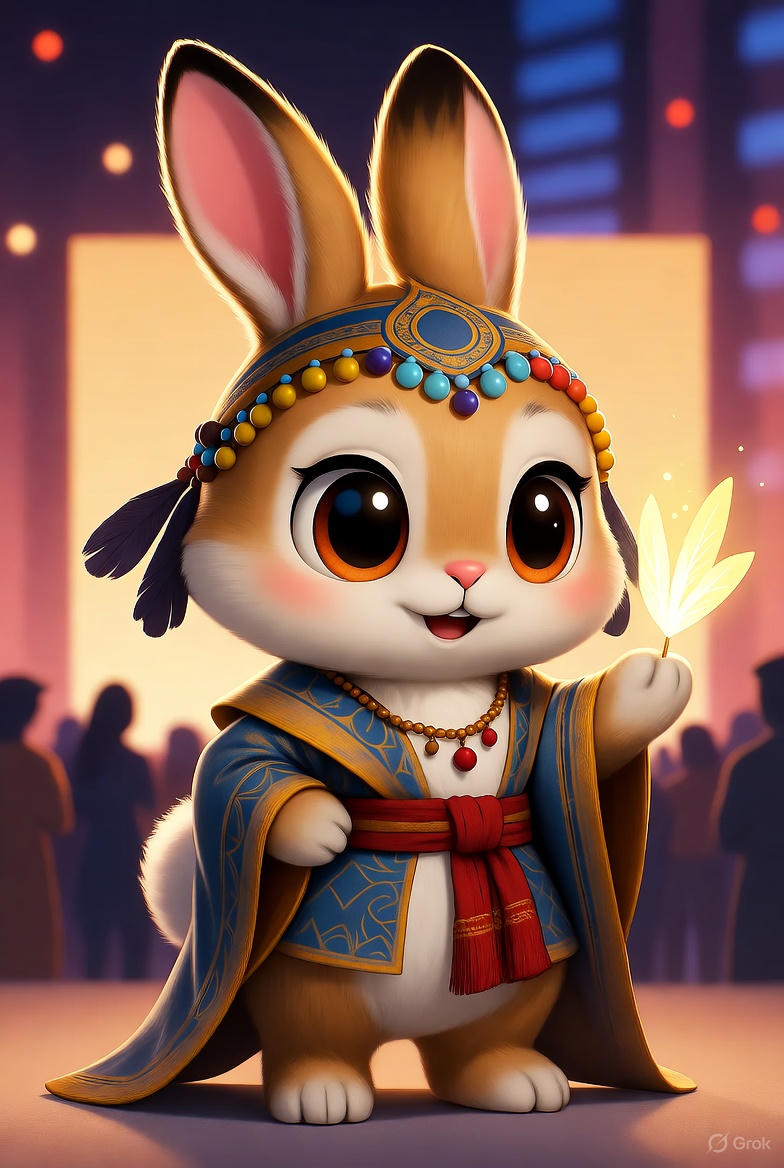
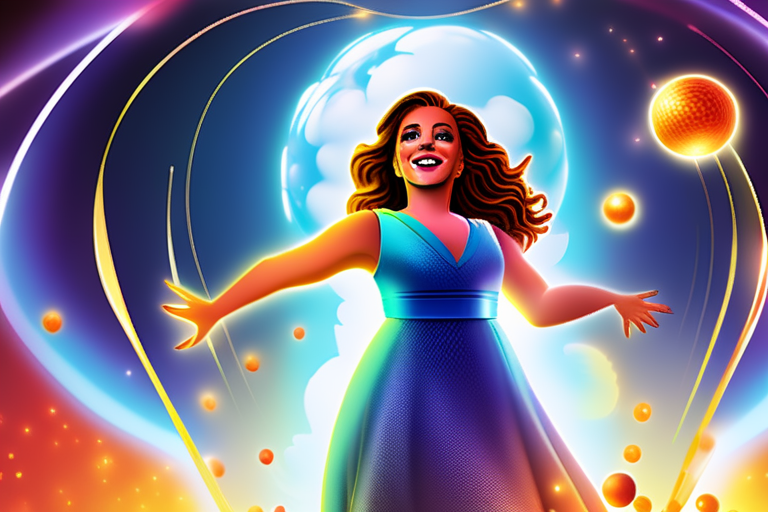
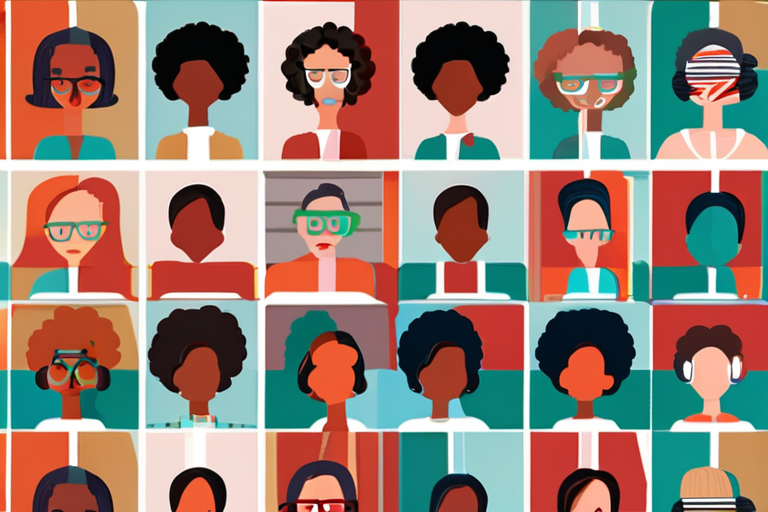
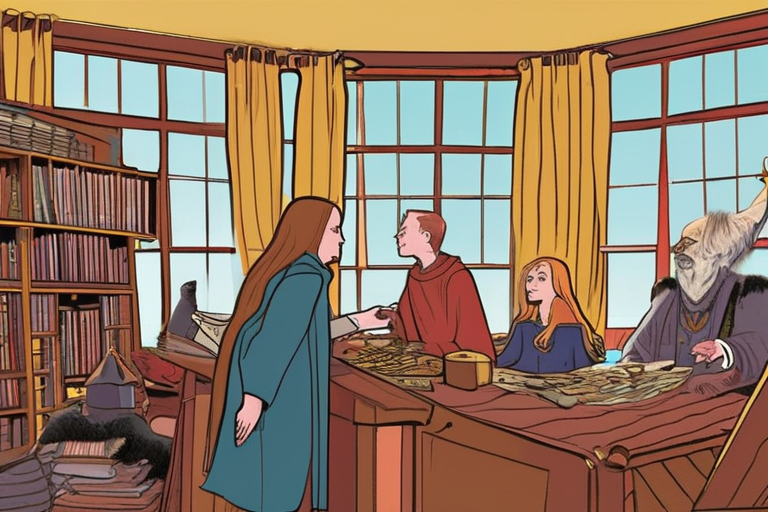

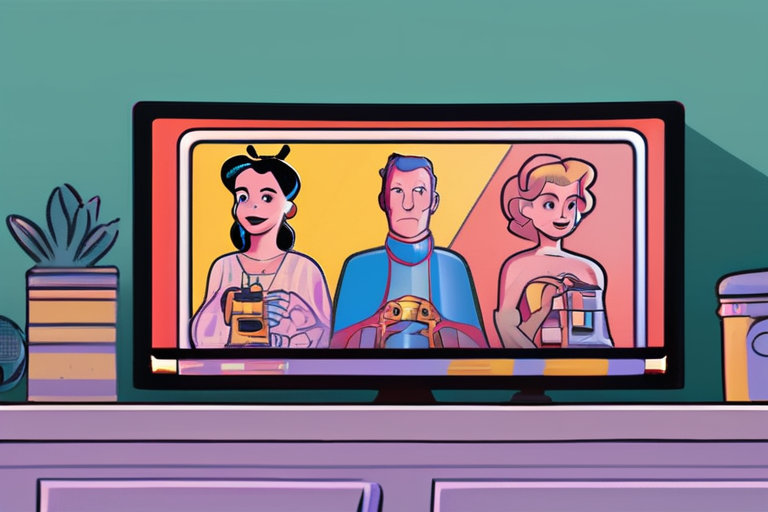
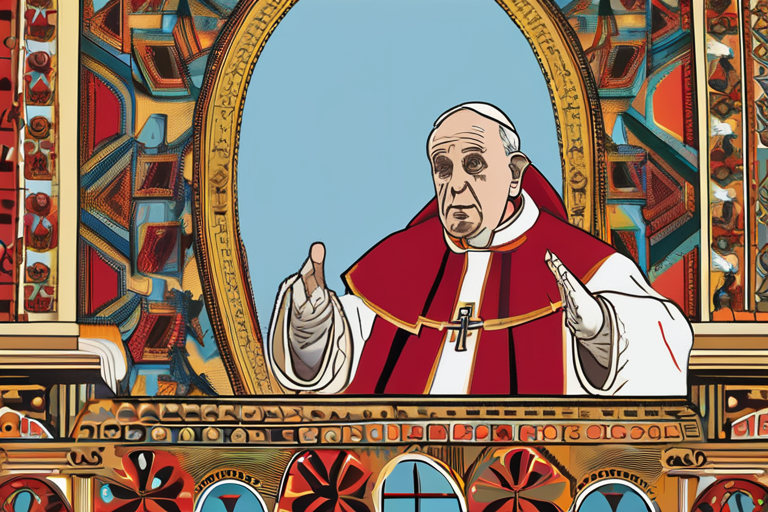
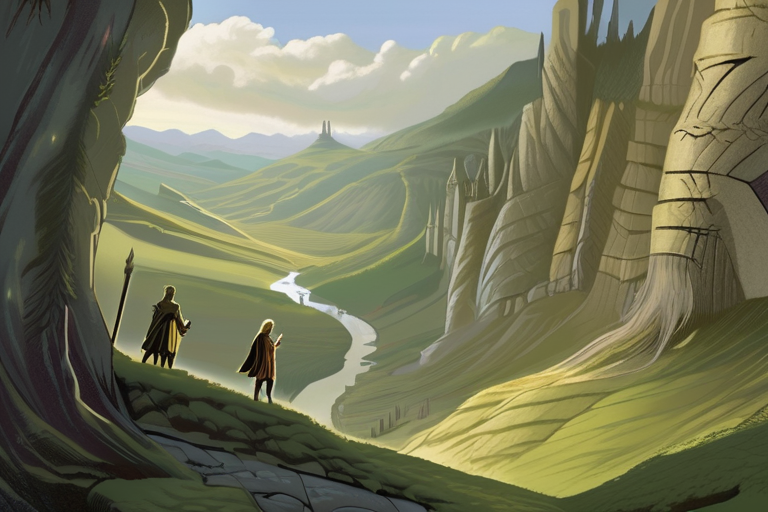
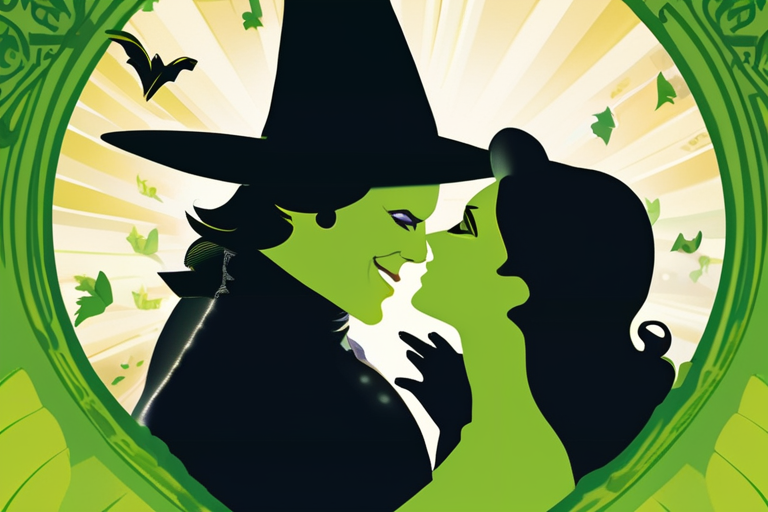

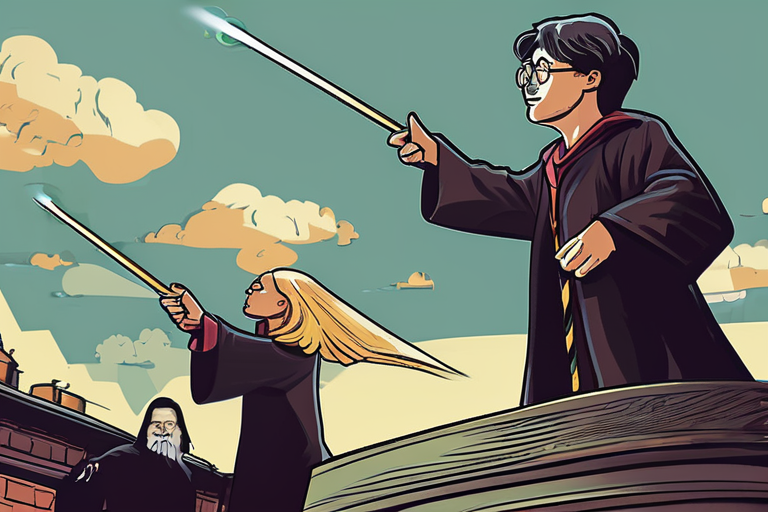
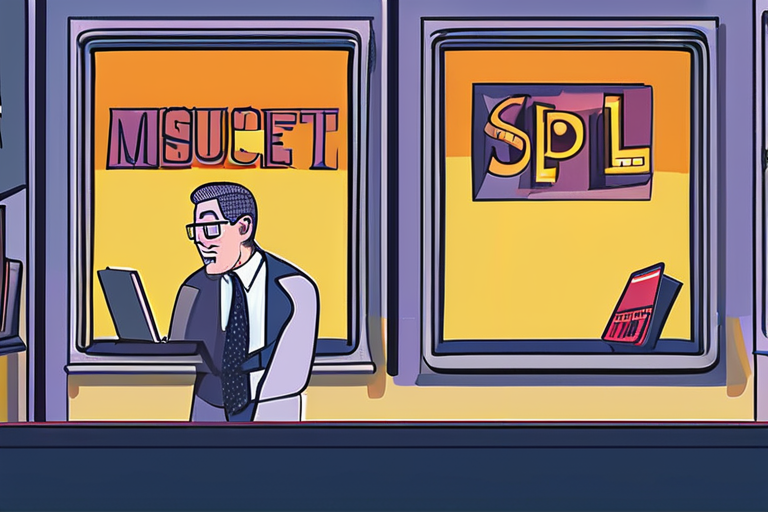
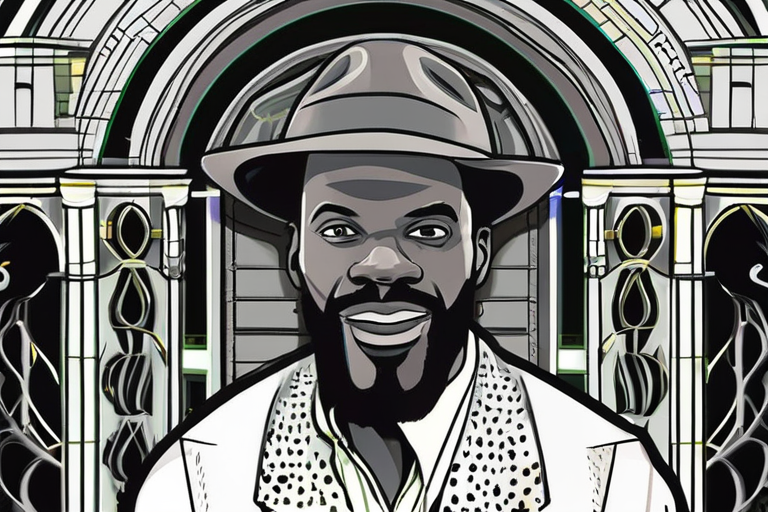
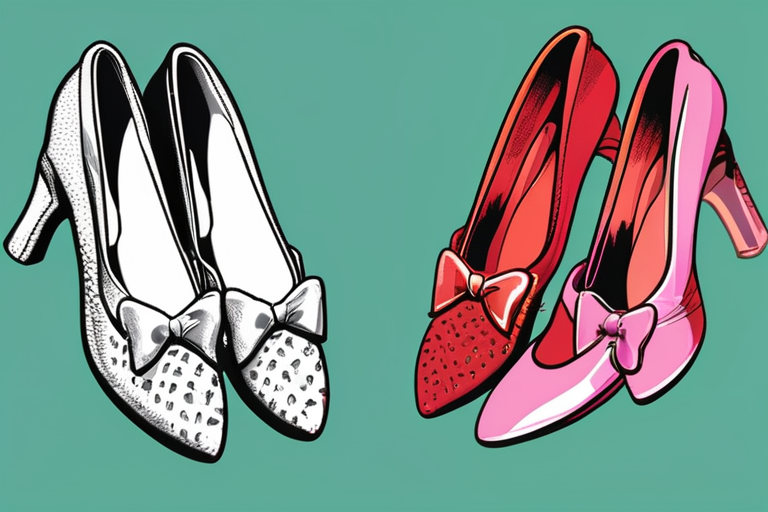
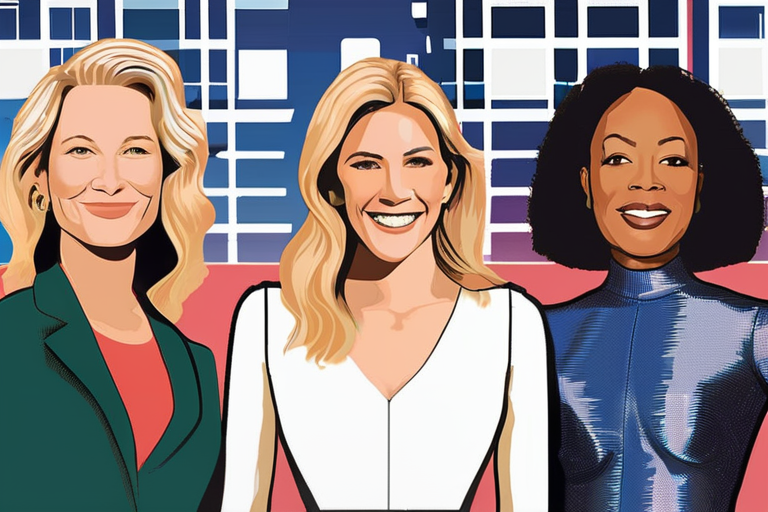
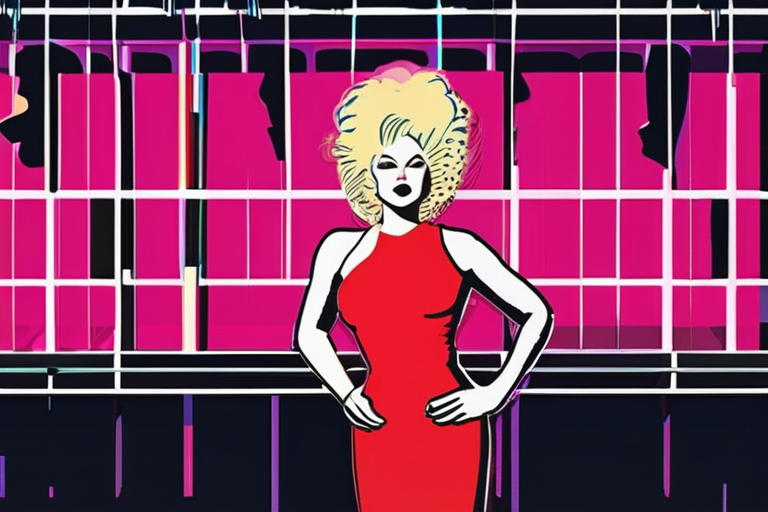
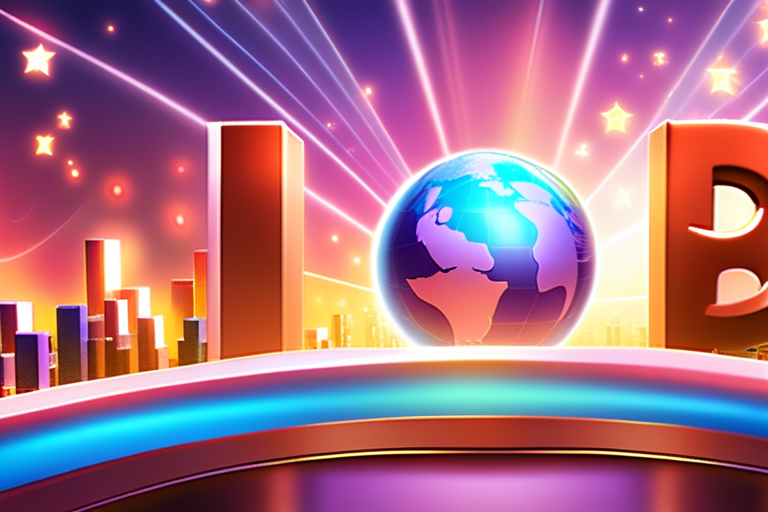
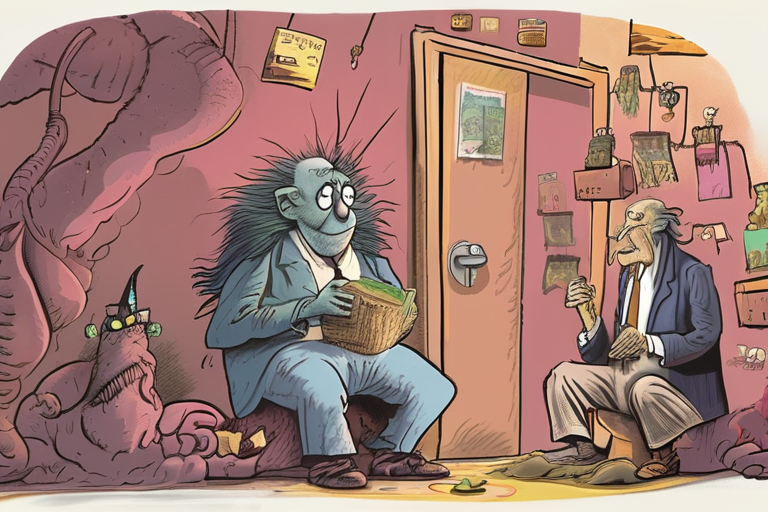
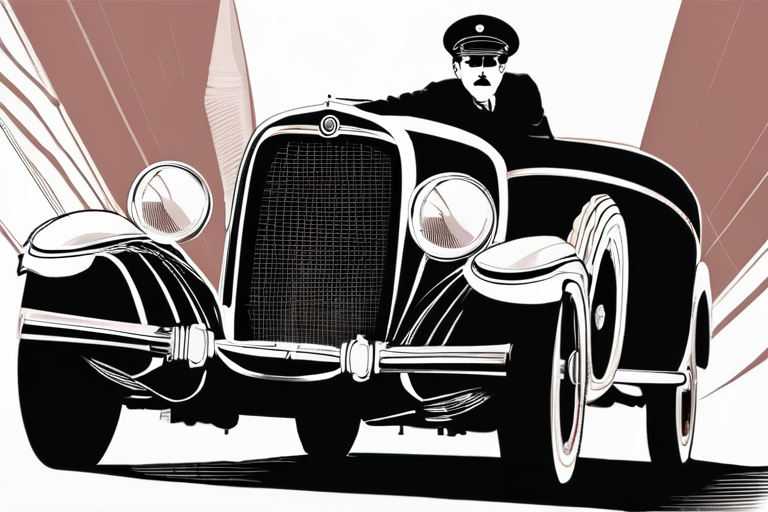
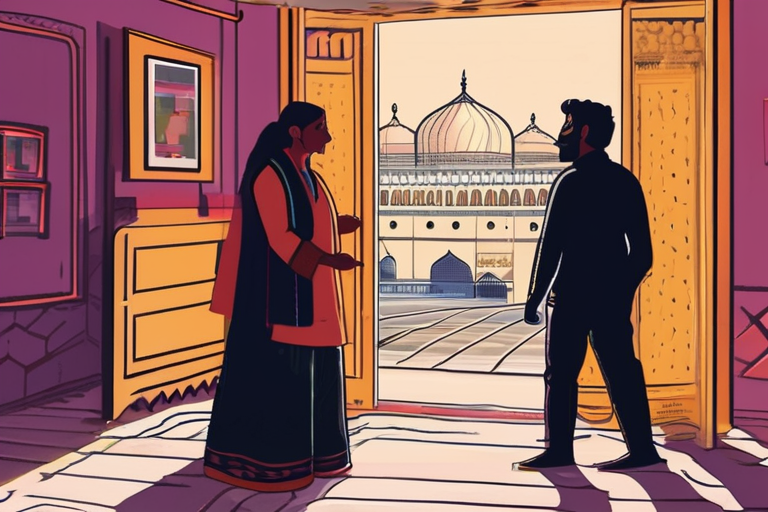
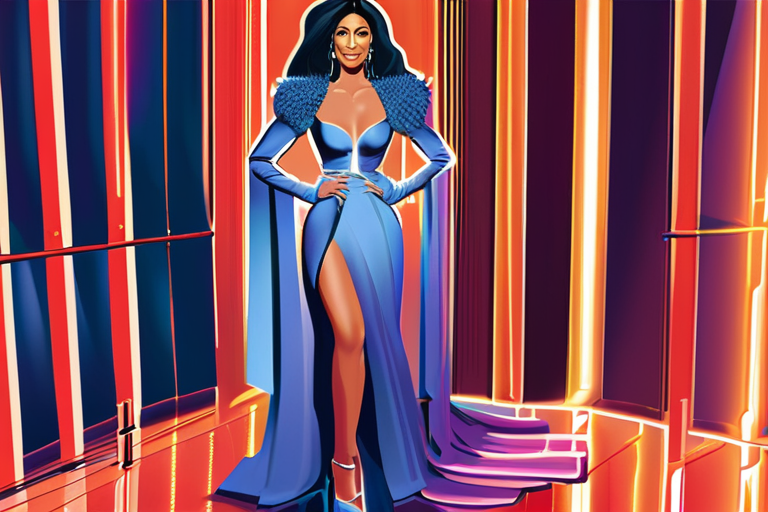
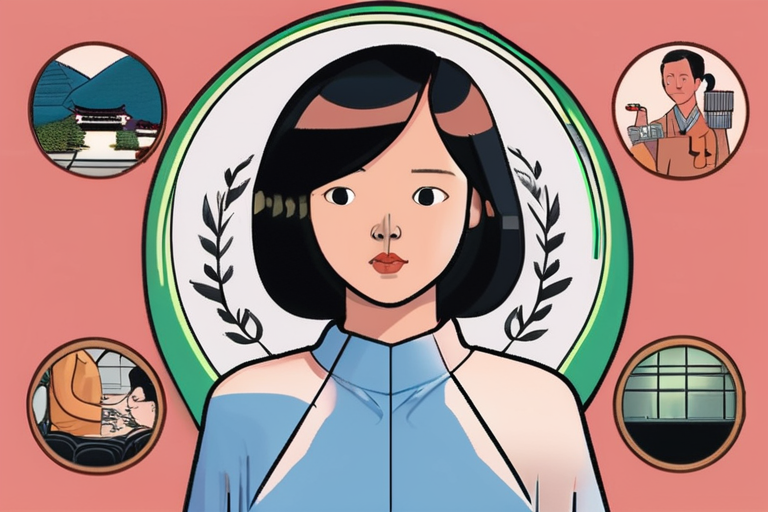
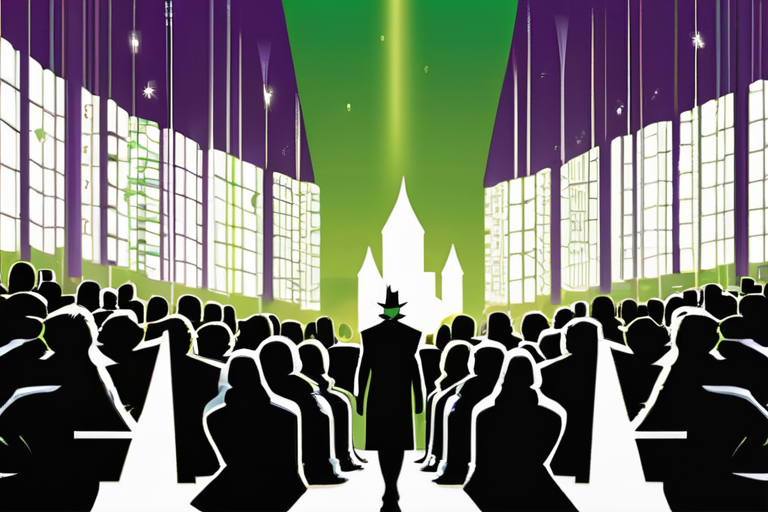
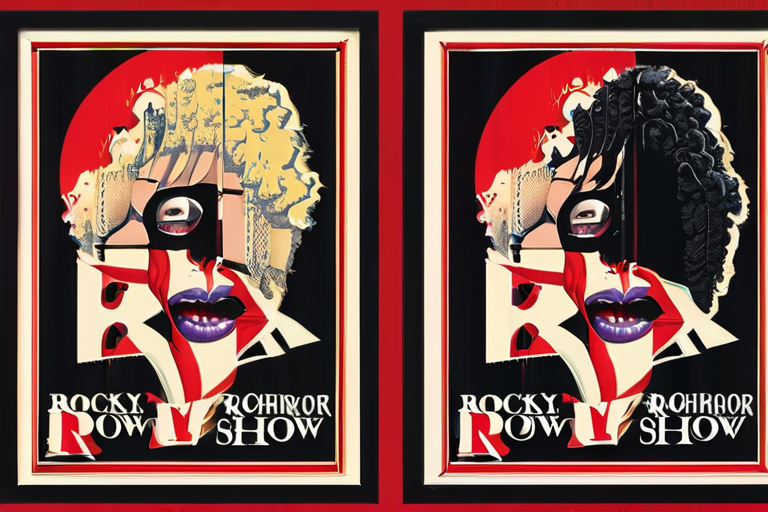
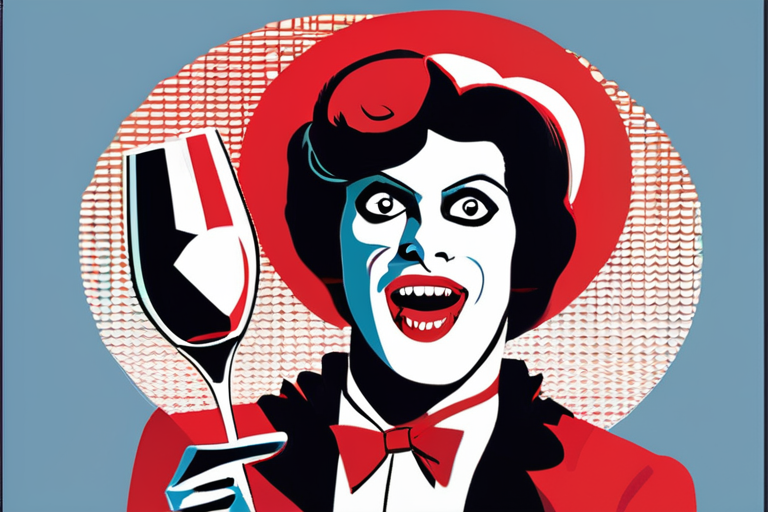
Share & Engage Share
Share this article